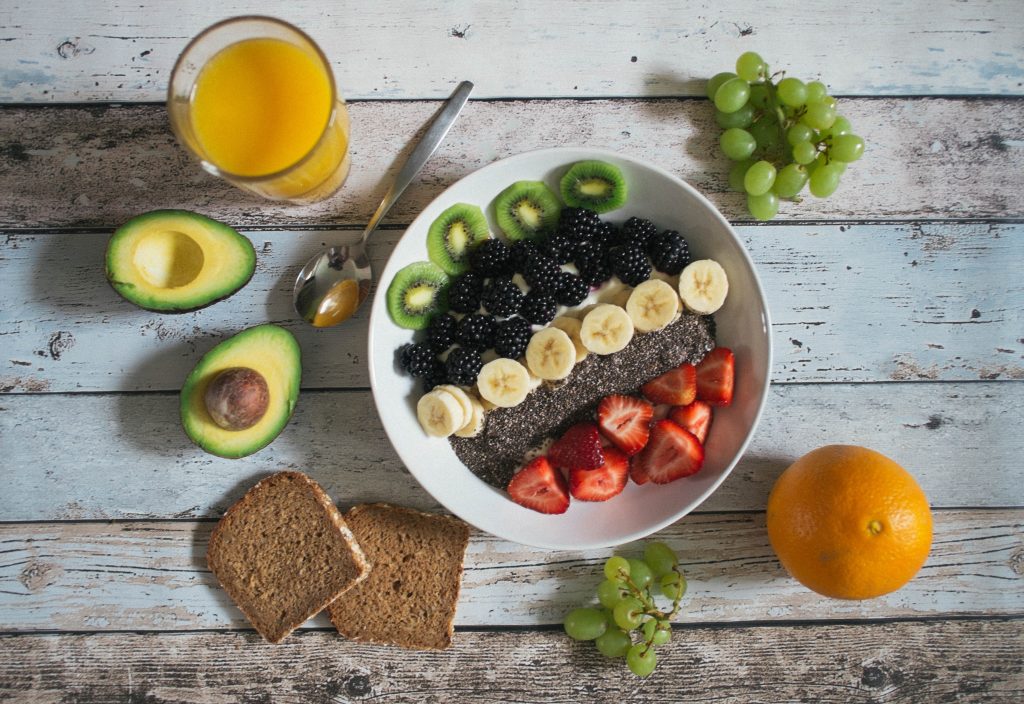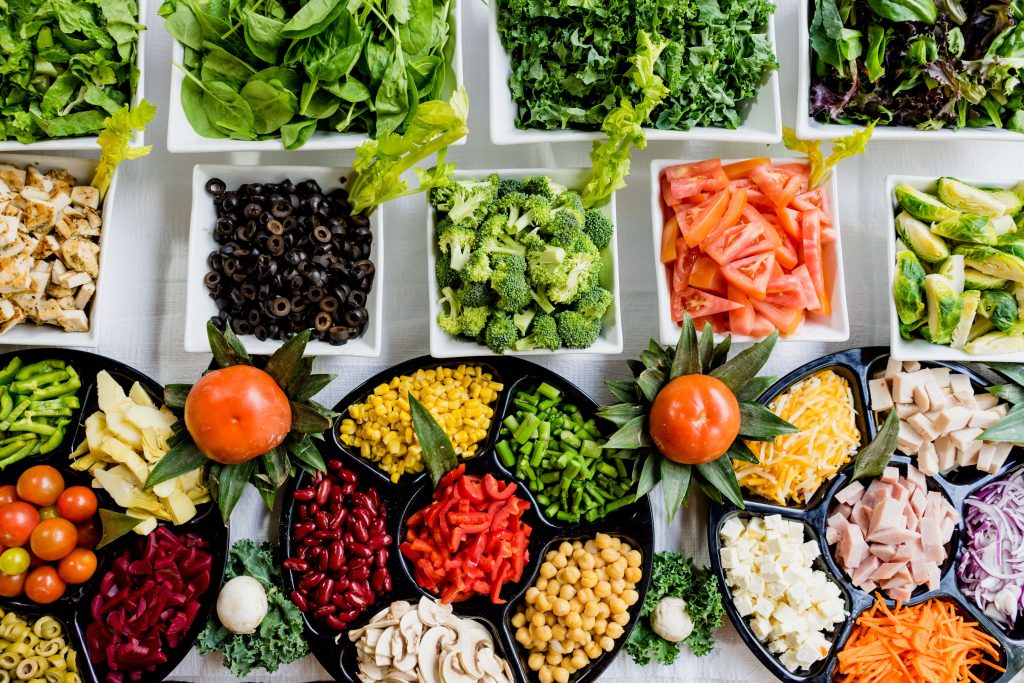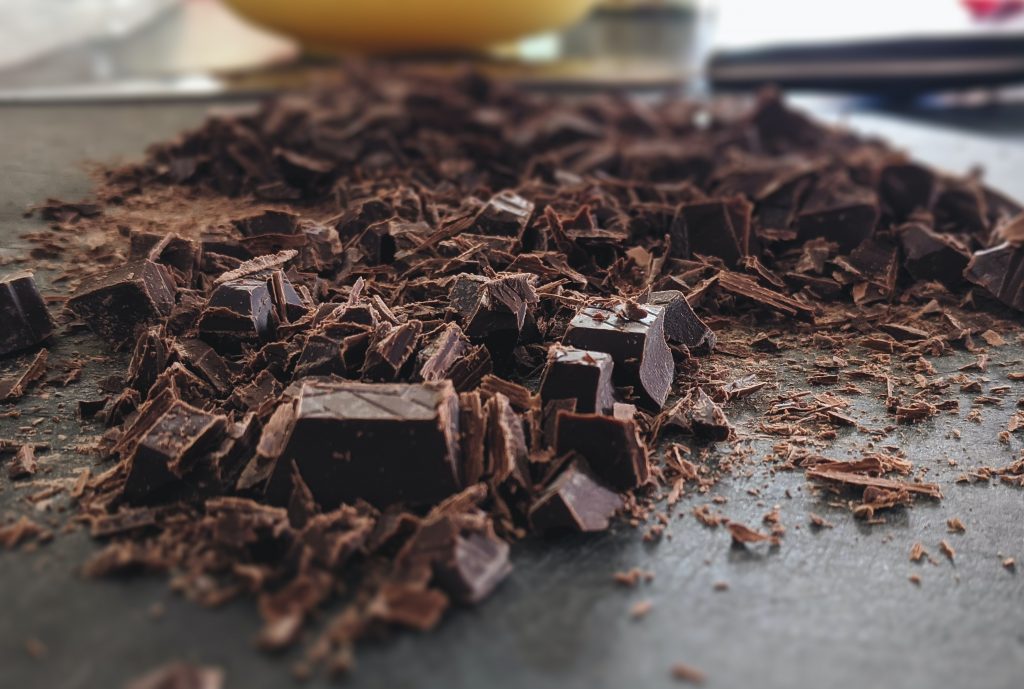
Information about how we can live a healthier and happier life has never been more accessible, and different, more holistic, methods of self-care often find themselves in the digital spotlight. This includes the idea that we can reduce inflammation in our bodies by changing our diets.
What is inflammation?
Although inflammation stems from your body’s natural desire to protect itself from harm, it can be annoying to experience—to say the least! Inflammation can last for a few hours or days, or it can become a chronic condition that can impact your quality of life. Acute or short-term inflammation can look like bloating, pain, or redness, and, if left unchecked, may develop into chronic inflammation that can lead to serious health conditions in the future.
Methods to reducing inflammation have been making headlines amongst the wellness community recently, and one of the easiest ways to mitigate its effects is by changing your diet.
Dietary causes of inflammation

Inflammatory foods include foods high in refined sugar, refined carbs, heavily processed foods (think Bacon and sausages), fatty meats like beef or lamb, casein (from milk and dairy), and gluten, as well as high alcohol consumption.
If you, like me, are thinking that some of those categories contain the best food types, do not be alarmed! The key is to have a healthy balanced diet.
Foods to reduce inflammation

Anti-inflammatory foods include fruit and vegetables (in particular, leafy greens), foods high in healthy fats (such as avocados, fatty fish, and olive oil), and nuts.
In essence, you should be aiming to eat more foods that are high in natural antioxidants and polyphenols—these are protective compounds found in abundance in plants, which will help reduce inflammation.
Some of the best and most versatile anti-inflammatory foods include broccoli, kale, carrots, sweet potato, spinach, blueberries, grapes, avocados, salmon, almonds, walnuts, turmeric, cinnamon, and ginger.
Recipe hints! How to use the ingredients above
There are plenty of recipes that will make incorporating nutritious ingredients a breeze. Smoothies, stews, and one-pot meals are a great (and low-effort!) way to dump a bunch of ingredients and get a blast of nutrients to fight inflammation. A Mediterranean diet is often recommended as an anti-inflammatory diet; it is more plant-based and focuses on fruits, vegetables, whole grains, and fish.
- Carrot, Ginger & Tumeric Smoothie recipe (great for mornings)
- Avacado Min Smoothie recipe (fills you up)
- Chicken Ginger stew (great meal prep)
- Ginger, Tumeric ginger soup
Homemade kombucha is a great way to drink some of the more difficult ingredients–plus it doubles as a fun hobby! Green tea can also be beneficial; as well as having good anti-inflammatory properties it can also boost your metabolism.
But, if this is all sounds a little too health-nut for you, you can still happily nibble on dark chocolate!

It is important to remember everyone’s body reacts differently to different foods. You should test what works for you and ensure that you are still eating a yummy and balanced diet. Often though, creating a simple meal made from fresh ingredients with lots of different colours is best.
Improving your diet will not only reduce your level of inflammation but also have a positive impact on your physical and emotional health. Just like saving the planet, a little bit can go a long way—so just do your best!
Thanks for reading!
We really appreciate you taking the time to review our list of must-watch sustainability and environmental documentaries. If you have watched a show you think will be a great addition to this list, feel free to email us at founders@ecopen.club 🙂
Want more?
Get exclusive discounts, sneak peaks of new products and more content on sustainability and eco-living